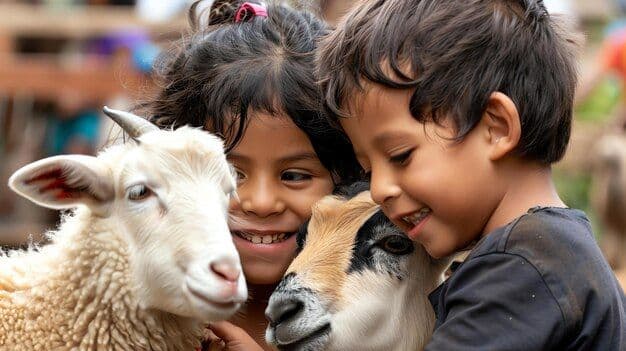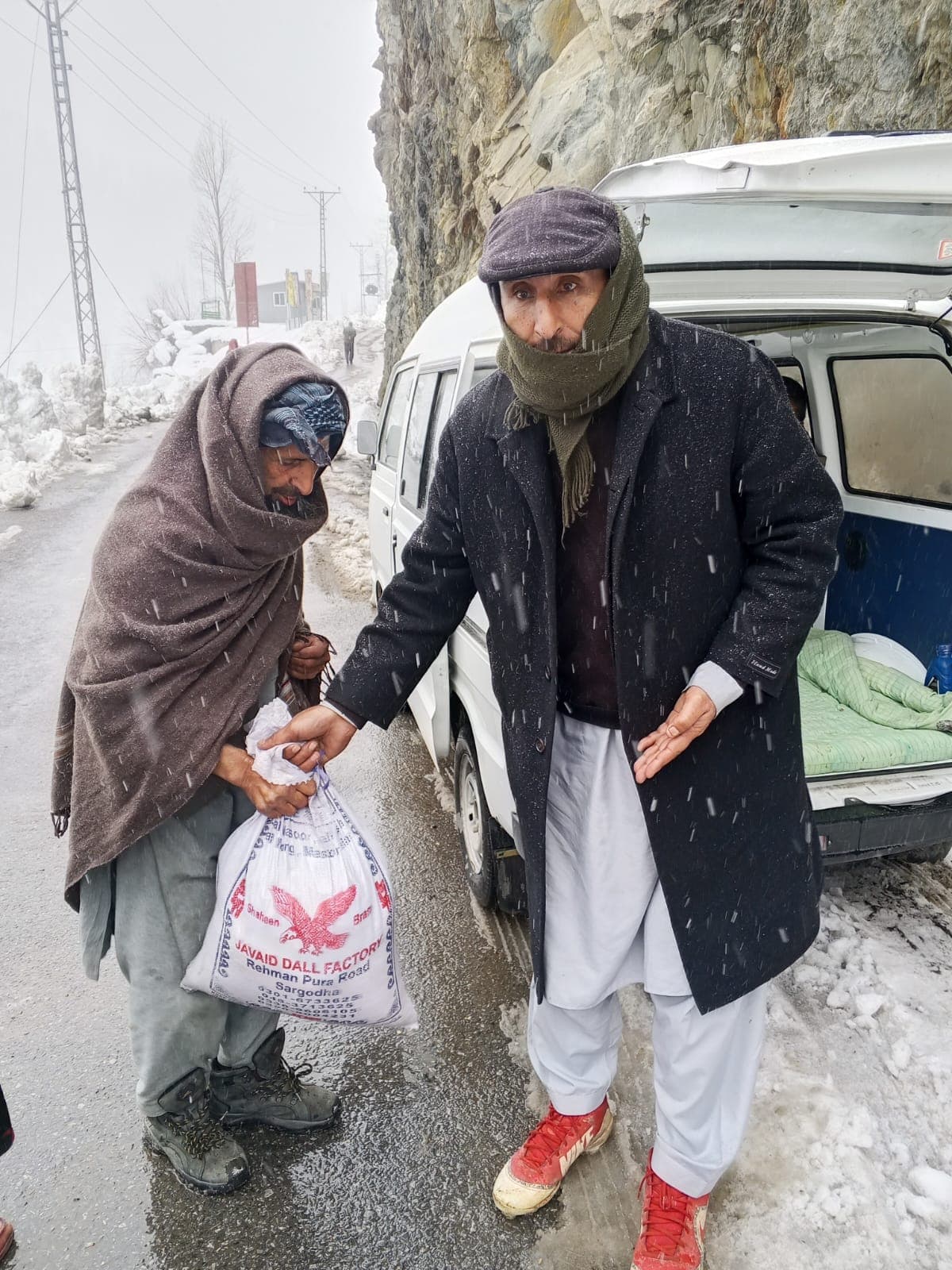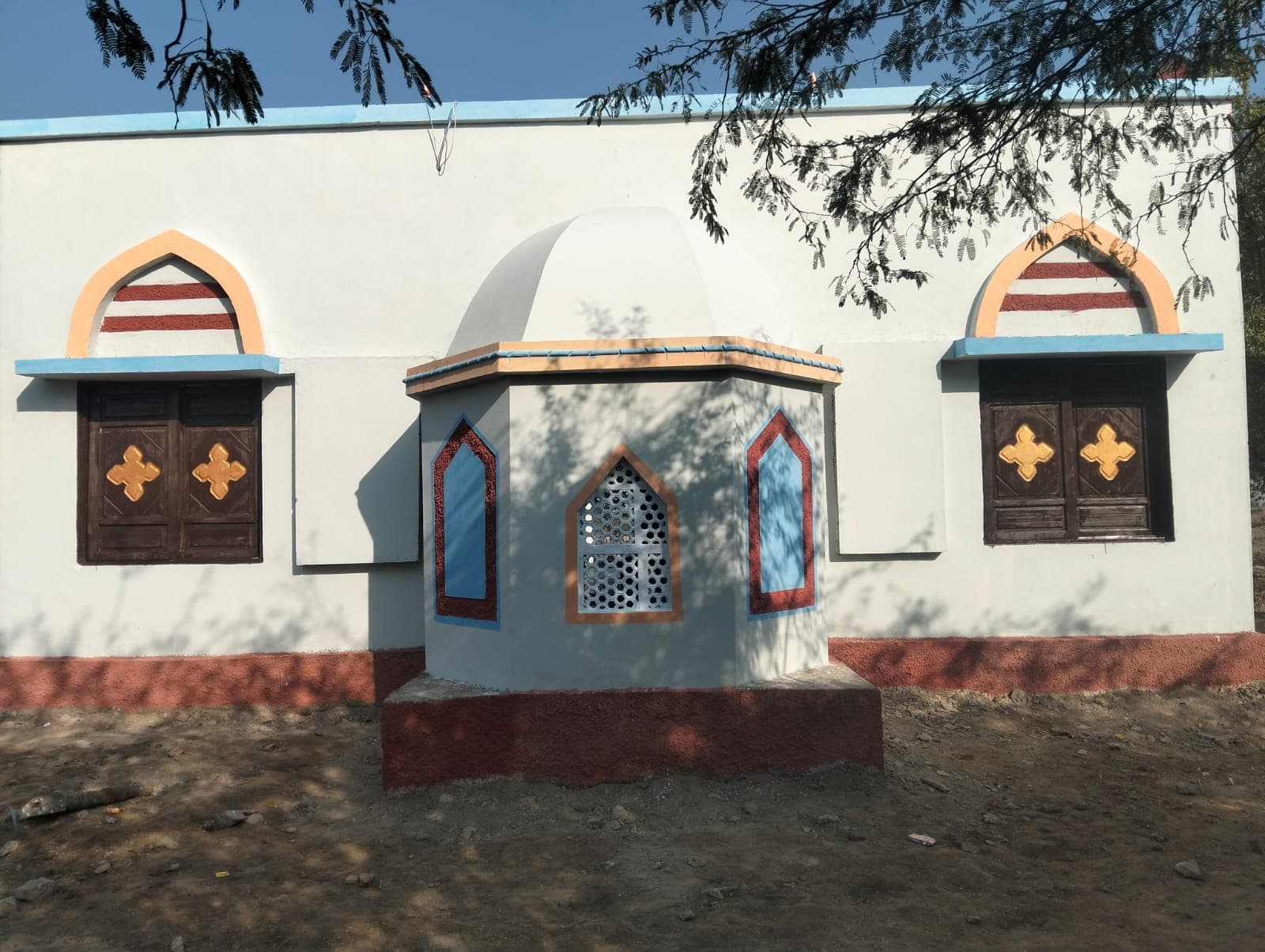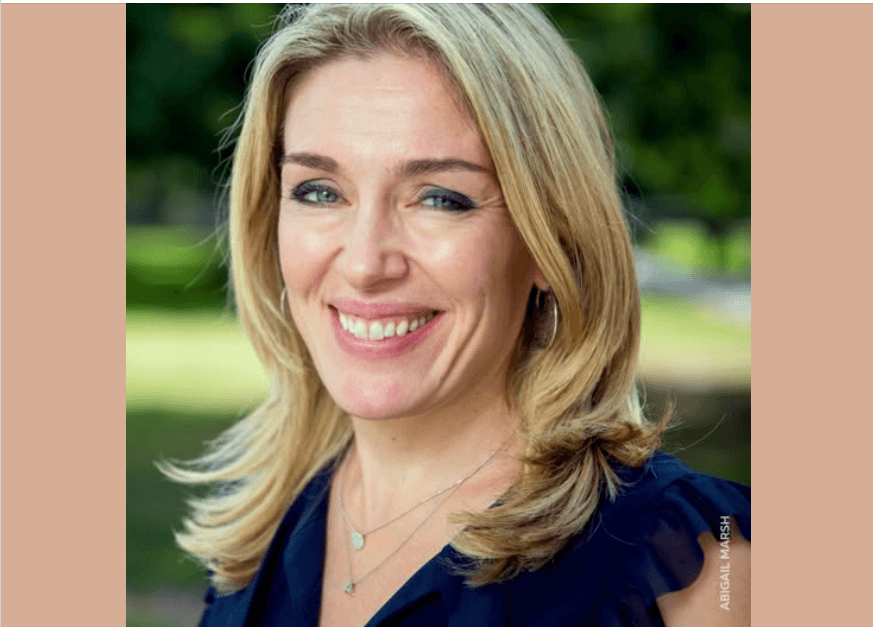2 Jun 2025
8 min
Qurbani Eid: A Story of Faith, Sacrifice, and Kindness

The Spirit of Qurbani: A Festival of Faith, Sacrifice, and Compassion
Qurbani, the sacred act of animal sacrifice, takes place after the Day of Arafah and marks the heart of the Eid-ul-Adha celebration. It involves the ritual slaughter of an animal, such as a sheep, goat, cow, or camel, by specific Islamic guidelines. These rules ensure the process is carried out humanely, respectfully, and Halal, just as Allah (SWT) instructed the Prophet Muhammad (PBUH) in the Holy Qur’an. Qurbani is not only a physical act of sacrifice, but a deeply spiritual one that reflects devotion, discipline, and compassion.
Who Is Eligible to Offer Qurbani?
One common question many people ask is: Who should perform Qurbani? According to Islamic teachings, Qurbani is wajib (obligatory) for every Muslim who is sane, adult (has reached the age of puberty), and financially able to afford it.
In simple terms, if you possess wealth beyond your basic needs (like food, clothing, shelter, transportation, and tools for work) equal to or more than the Nisab threshold (similar to the minimum amount required for Zakat), then Qurbani is required. This applies whether the wealth is in the form of money, gold, silver, or valuable assets.
The Prophet Muhammad (PBUH) said:
"The one who has the means to offer a sacrifice but does not do so, let him not approach our place of prayer."
(Ibn Majah)
This powerful hadith reminds us that Qurbani is not something to be taken lightly. It is an opportunity to fulfill a beloved Sunnah of our Prophet (PBUH) and follow the footsteps of Prophet Ibrahim (A.S).
The Legacy of Sacrifice
The origin of Qurbani lies in the timeless story of Prophet Ibrahim (A.S). When Allah commanded him in a dream to sacrifice his son Ismail (A.S), both father and son showed complete submission to Allah's will. Just as Ibrahim was about to carry out the command, Allah replaced Ismail with a ram.
“O my father, do as you are commanded. You will find me, if Allah wills, among the steadfast.”
(Surah As-Saffat 37:102)
This was not just a test, it was a lesson for all of humanity on the meaning of trust, obedience, and sincere faith.
The True Meaning of Qurbani
Allah makes it clear in the Qur’an that what matters most is not the meat or blood of the sacrifice, but the taqwa (piety) behind it.
“It is not their meat nor their blood that reaches Allah. It is your piety that reaches Him.”
(Surah Al-Hajj 22:37)
This verse teaches us that Qurbani is a symbol of our willingness to obey Allah, to sacrifice our desires, and to care for others with generosity.
A Celebration of Sharing
One of the most beautiful parts of Eid-ul-Adha is how the meat is distributed: one-third for the family, one-third for friends and relatives, and one-third for the poor and needy. For many families worldwide, this may be the only time of the year they can eat meat. Your Qurbani reaches their homes, fills their hearts with gratitude, and reminds us all to be thankful.
Final Reflections
Qurbani is more than just a ritual, it is a reflection of our relationship with Allah. It’s a reminder to let go of pride, to give from what we love, and to help those in need. Whether you are offering a sheep or a share in a cow, do it with sincerity and love.
May Allah accept our sacrifices and purify our hearts.
Share this News
Next Read

In Neelum Valley’s Freezing Nights, Hope Arrived for All
OUF delivers food and hope to families in freezing Neelum Valley snow.

OUF Reconstructs Mosque At Risk In South Badin
One Ummah Foundation rebuilt mosque in South Badin facing collapse

Why Kindness Feels Natural For Those Who Choose To Help
A powerful story on altruism and why helping others comes naturally